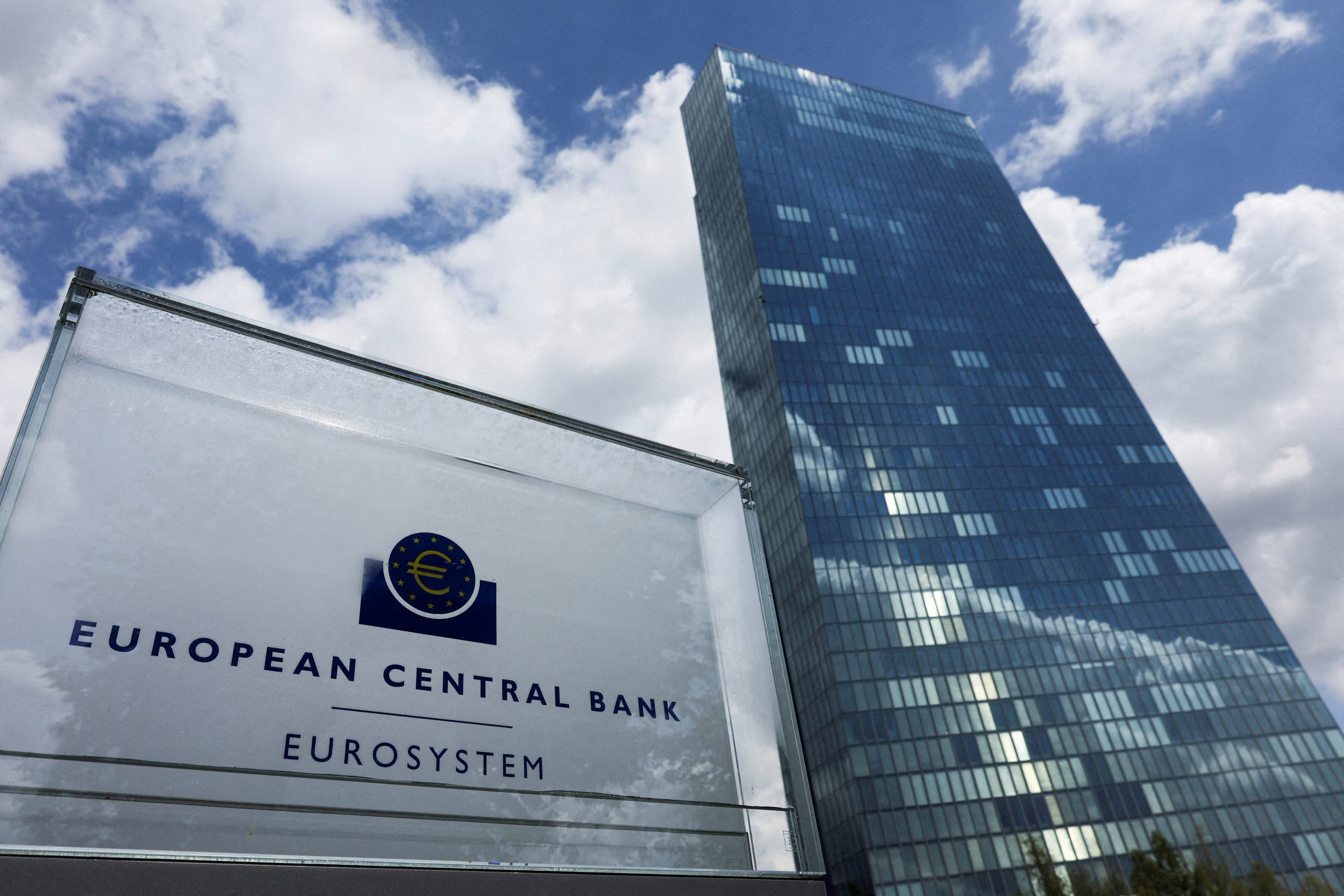AlsoBNR – The European Central Bank (ECB) has warned that the eurozone’s major banks may suffer if their financial clients withdraw their accounts or otherwise get into problems. Funds, insurers, and clearing houses are examples of financial clients.
ECB Research Highlights Potential Spillover
The ECB research investigated the possibility of spillovers from so-called shadow banks to established lenders, as well as vice versa. Shadow banks are funds and other financial institutions that offer money in some capacity.
It discovered that the top 13 lenders in the eurozone held the majority of exposure in terms of bank assets. This contains eight internationally significant banks.
The most significant danger discovered was that shadow banks withdrew cash from banks, such as deposits and repurchase agreements. These account for 13 per cent of all traditional banks’ liabilities, or more in the case of bigger institutions.
Withdrawal of Cash and Loss of Trust
This may happen if outflows or lost trust in a bank affected the shadow banks. Also, the same holds true if non-bank financial intermediaries (NBFIs), as regulators refer to them, are also impacted.
“This funding may be highly sensitive to the credit quality of the recipient banks,” ECB said. “[It] can amplify the funding pressures faced by banks if the soundness of their fundamentals has been called into question.”
ECB Report: Systematic distress
Other sources of spillover were forced asset sales by shadow banks. The ECB warned that conventional banks will suffer losses since their holdings frequently overlap. Also, it stated that instability at systemically significant lenders will indicate difficulty for shadow banking.
“If one or a group of such (banks) were to become distressed, there would probably be substantial ramifications in terms of the ability of significant parts of the NBFI sector to manage liquidity and market risks,” the ECB said.
The ECB did not name any companies in its report. Furthermore, the organisation used sensitive data gathered in its function as the eurozone’s top financial watchdog. BNP Paribas, Deutsche Bank, BPCE, Credit Agricole, ING, Santander, Societe Generale, and UniCredit are the eurozone’s global systemically significant banks.























































